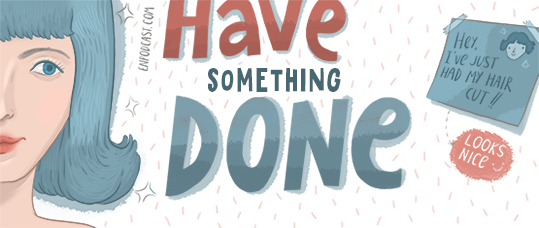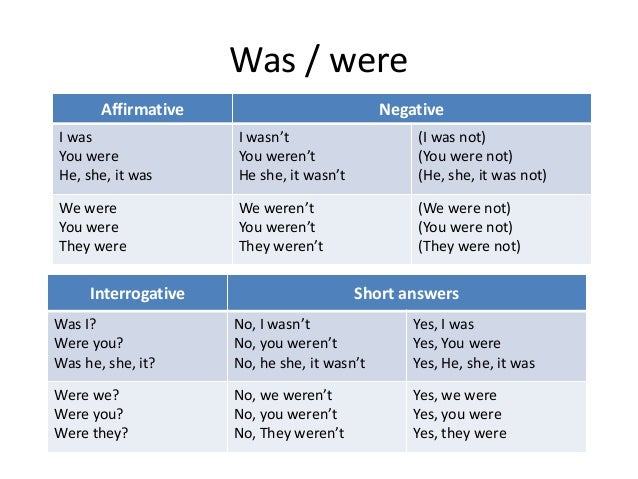CAUSATIVE HAVE:
HAVE / GET SOMETHING DONE

FORM: have / get + object + past participle
USES:
- have / get something done is used to express things that other people do for us because we cannot do them or we prefer not to do them; the action is not carried out by the subject.
- We can use by + agent to mention the person who carried out the action.
She got her nails painted by her friend.
- As in passive sentences, we can omit the agent if it is obvious who did the action or if it is not important.
She's getting her car repaired this afternoon.
- This structure is also used to describe misfortunes caused by an unspecified person.
She had her wallet stolen.





